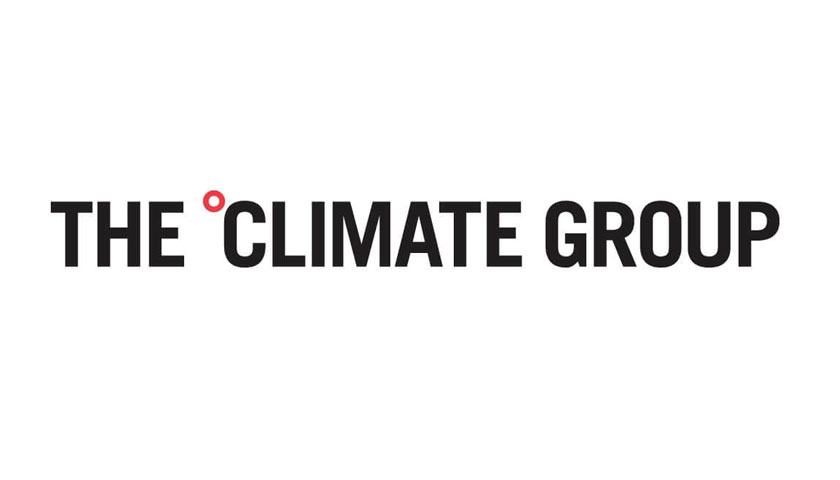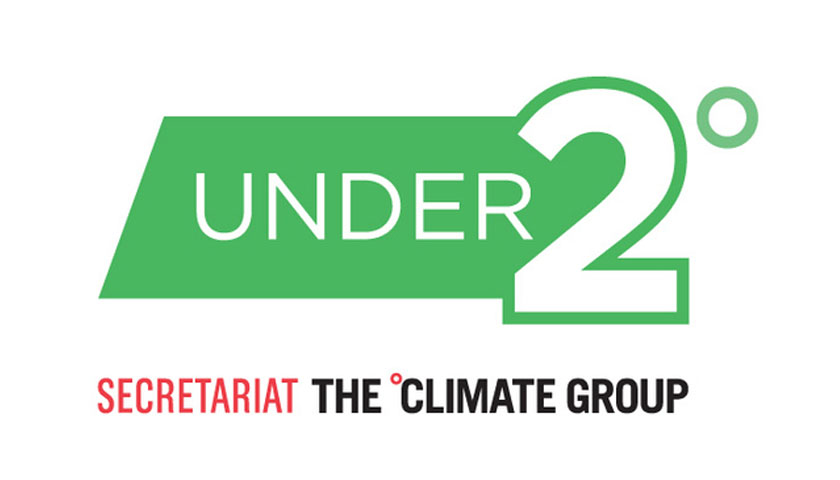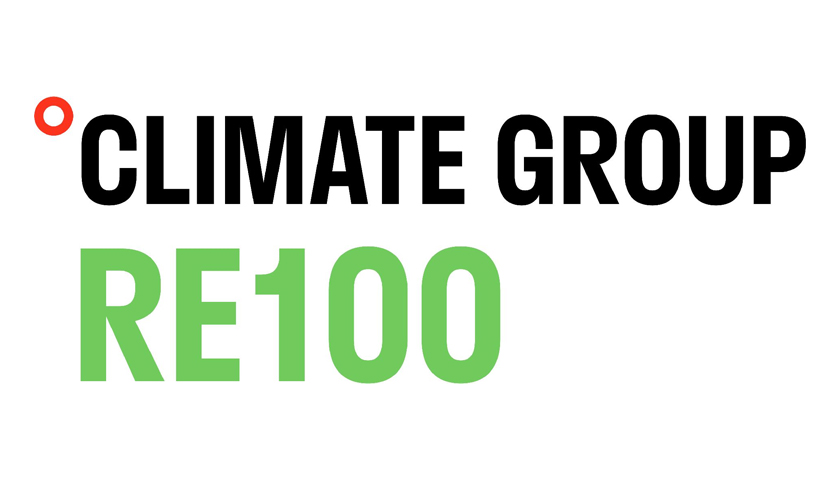SteelZero, a global initiative aimed at driving market demand for net zero steel has launched today with support from eight major steel buyers and specifiers from across sectors including construction and renewable energy.
This marks the beginning of a significant global business push for clean steel, with the first companies to have signed up to SteelZero entailing:
- BHC Ltd – leading UK structural steel fabrication and construction company.
- Bourne Group Ltd – leading UK constructional steelwork company.
- Grosvenor Britain & Ireland – international property investor and developer.
- Lendlease – multinational construction, property and infrastructure company.
- Mace Group – global consultancy and construction firm.
- Multiplex Construction Europe – international construction contractor.
- Ørsted – renewable energy company and global leader in offshore wind.
- WSP UK – engineering professional services consulting firm.
Run in partnership with ResponsibleSteel, the new initiative comes from international non-profit the Climate Group, which has already seen success in delivering multinational campaigns that build corporate demand for renewables (RE100) and electric vehicles (EV100). Today RE100 members are driving enough renewable electricity demand to power a G20 country like Indonesia, and EV100 members have committed 5 million EVs to being on roads by 2030.
Brian Hewitt, Managing Director at BHC, says: “BHC are proud to support the Climate Group’s SteelZero initiative by committing to procuring 100% net zero steel by 2050. As a leading UK Steel Fabricator, capable of producing over 800 tonnes per week, we recognise the importance of reducing carbon emissions. Over the past five years, BHC have invested heavily in sustainability. At present we generate our own power and heat using a 500kW wind turbine and biomass systems. BHC are 72% self-sufficient allowing us to fabricate steelwork with up to 49% less associated carbon emissions in comparison to a similar sized structural steel fabricator.”
Nigel Moss, Group Development Director at Bourne Group, says: “The Bourne Group are very pleased to add a voice to the demand call for the decarbonisation of global steel production. Steel currently delivers to a truly circular economy with its unique re-use and near total recyclability. With the support of the steel producers continuing their efforts to decarbonise and eventually achieve SteelZero, we believe that structural steel will maintain its foremost position as the economic and effective construction material of choice.”
In the case of SteelZero, organisations are required to make a public commitment to transition to procuring, specifying or stocking 100% net zero steel by 2050 . Targeting net zero steel from the demand-side of the supply chain makes this initiative the first of its kind, with the potential for it to have significant impact on investment, policy, manufacturing and production in the sector.
Jenny Chu, Head of Energy Productivity Initiatives at international non-profit the Climate Group, says: “The steel industry is one of the largest contributors to climate change. We need to see much greater investment and progress to cutting emissions, but steelmakers also need to know their customers will buy new, cleaner products. By harnessing the collective purchasing power and influence of major steel-using organisations, SteelZero will send a critical demand signal that can shift global markets and policies towards sustainable production and sourcing of steel.”
Alison Lucas, Executive Director at ResponsibleSteel, says: “Corporate and public sector demand for responsible, zero emissions steel has a critical role to play in reducing global emissions, encouraging decarbonisation technologies and driving lower emissions from recycled steel and the re-use of steel-based products. SteelZero will help us to get there.”
Steel is the world’s most widely used material, with the sector selling over $2 trillion worth of products annually . But despite technologies existing for production to be decarbonised, steelmaking is currently one of the biggest emitters of CO2 globally. Total greenhouse gas emissions from the sector alone account for 7% – 9% of direct emissions from the global use of fossil fuels , and this is set to rise significantly with end-use demand for steel projected to grow by almost 40% by 2050 .
A recent report by CDP estimates that 14% of steel companies’ potential value is at risk if they’re unable to decrease their environmental impact, and investors are already raising concerns that the steel industry needs to act now to safeguard its future. As a result, steel-using organisations will need to be prepared for inevitable changes across their supply chains if they’re to remain economically competitive in the transition to a low carbon world.
Alongside the commitment requirements, SteelZero also aims to encourage action and to support organisations in their journey to net zero steel. Members will be invited to join working groups to assist them in developing a roadmap to fulfil their commitment to net zero steel.



